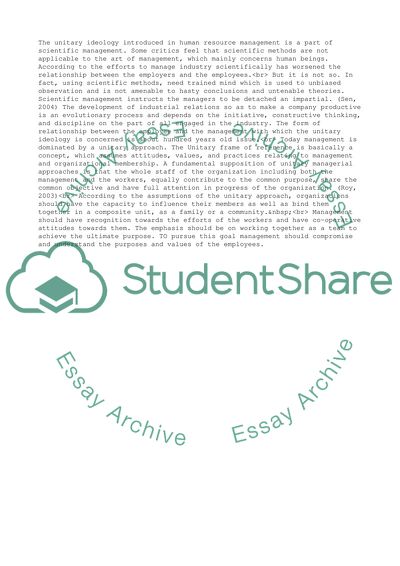Cite this document
(Unitary Rather than Pluralist Ideology Now Dominates Management Term Paper, n.d.)
Unitary Rather than Pluralist Ideology Now Dominates Management Term Paper. Retrieved from https://studentshare.org/management/1532453-employee-relations-essay
Unitary Rather than Pluralist Ideology Now Dominates Management Term Paper. Retrieved from https://studentshare.org/management/1532453-employee-relations-essay
(Unitary Rather Than Pluralist Ideology Now Dominates Management Term Paper)
Unitary Rather Than Pluralist Ideology Now Dominates Management Term Paper. https://studentshare.org/management/1532453-employee-relations-essay.
Unitary Rather Than Pluralist Ideology Now Dominates Management Term Paper. https://studentshare.org/management/1532453-employee-relations-essay.
“Unitary Rather Than Pluralist Ideology Now Dominates Management Term Paper”, n.d. https://studentshare.org/management/1532453-employee-relations-essay.


